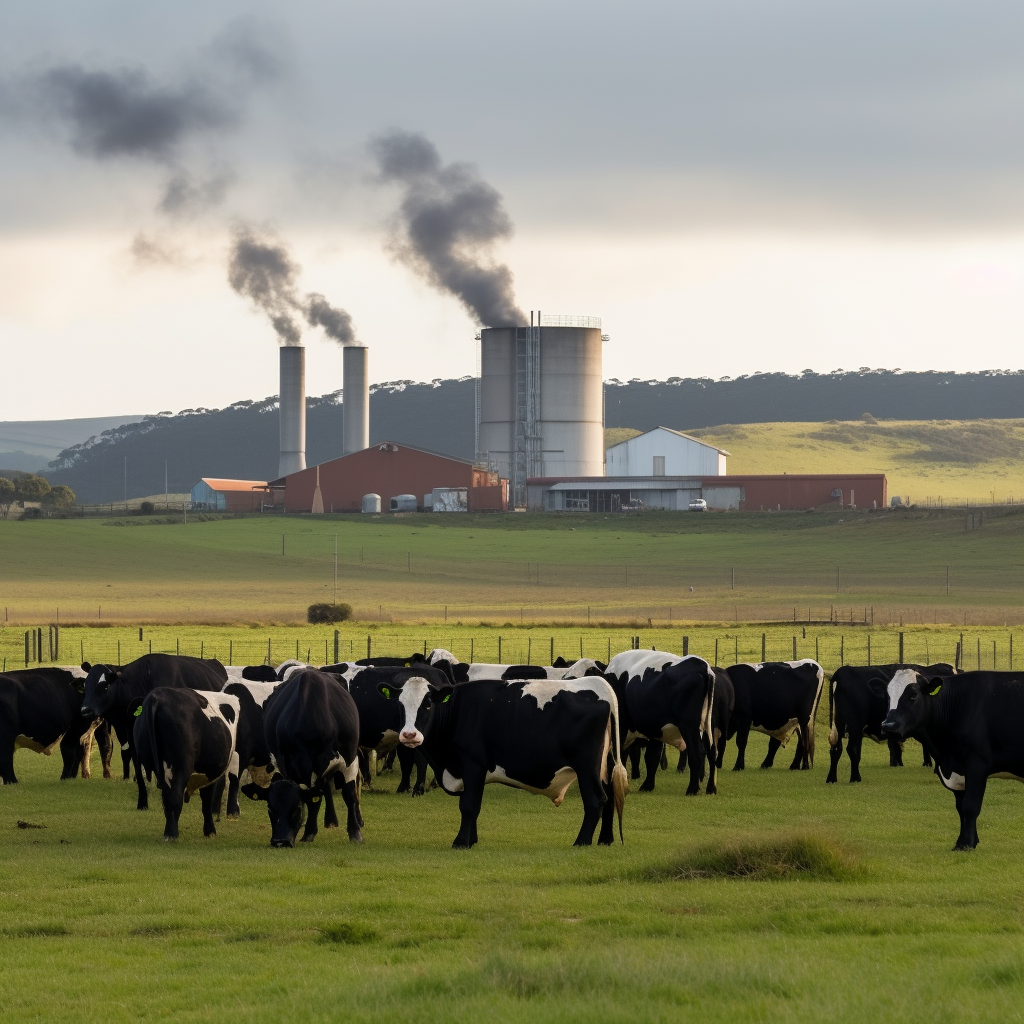January 2, 2024
California’s Greenhouse Gas Program – Emission Reduction Paradox?
Book a Demo
California’s state grant program, designed to combat greenhouse gas emissions, has come under scrutiny due to reports suggesting that it inadvertently contributes to the release of 225,000 to 300,000 metric tons of CO2 annually. This might seem counterintuitive, as the program’s main aim is to reduce emissions, not add to them. According to the findings, these numbers equate to the greenhouse gas emissions produced by 50,000 to 65,000 automobiles each year.
The program’s practice of burning biomethane fuel has drawn particular criticism. Despite being a renewable form of energy, the combustion of biomethane releases CO2, a notorious greenhouse gas. Critics argue that this process should not be considered a method of emission reduction. They also claim that the program effectively receives double or triple credit for the same emission reductions, further adding to the controversy.
Despite these criticisms, the California Air Resources Board (CARB) and the Department of Food and Agriculture categorize the CO2 emissions from this program as negative emissions. They maintain that it contributes to the state’s emission reductions. However, the Legislative Analyst’s Office (LAO) has found that this characterization may be a bit misleading.
Specifically, the LAO noted that the Department of Food and Agriculture’s dairy digester program, a part of the state grant program in question, likely exaggerates its greenhouse gas benefits. The reason for this, according to the LAO, is due to overlapping claims from other government programs.
CARB, perhaps in response to this criticism, is contemplating eliminating incentives for biomethane from dairies and other sources by the year 2045. Critics of these incentives argue that they worsen pollution issues in communities located near the digesters and dairies. This move could mark a significant shift in California’s approach to combating greenhouse gas emissions.
The controversy surrounding California’s state grant program highlights the complexities and challenges involved in reducing greenhouse gas emissions. At the same time, it underscores the importance of careful oversight and accurate reporting in environmental programs. As the state moves toward a greener future, ensuring that all efforts are genuinely beneficial for the environment will be crucial.
Science4Data is committed to cut through greenwashing and measure real impact. Join the journey to a sustainable future. Your actions matter.



